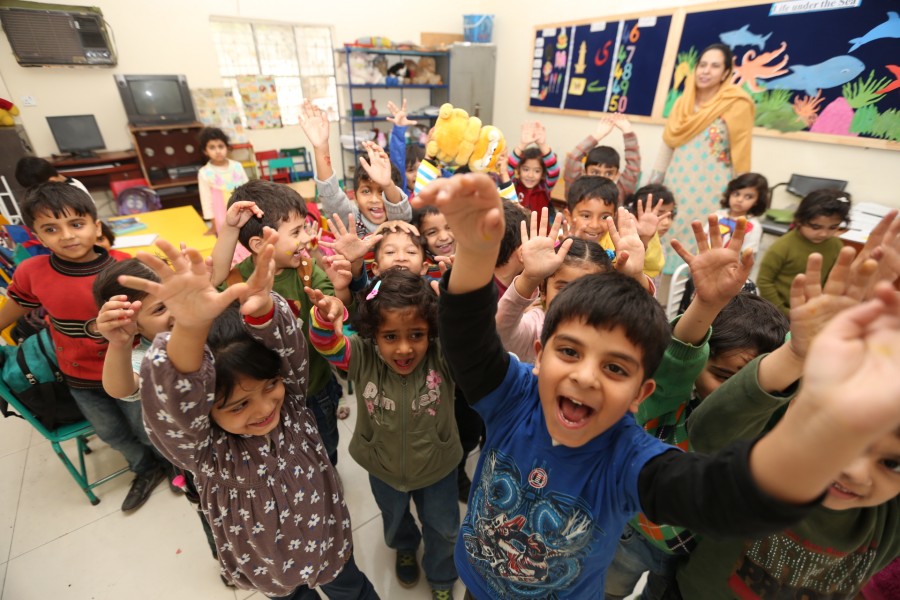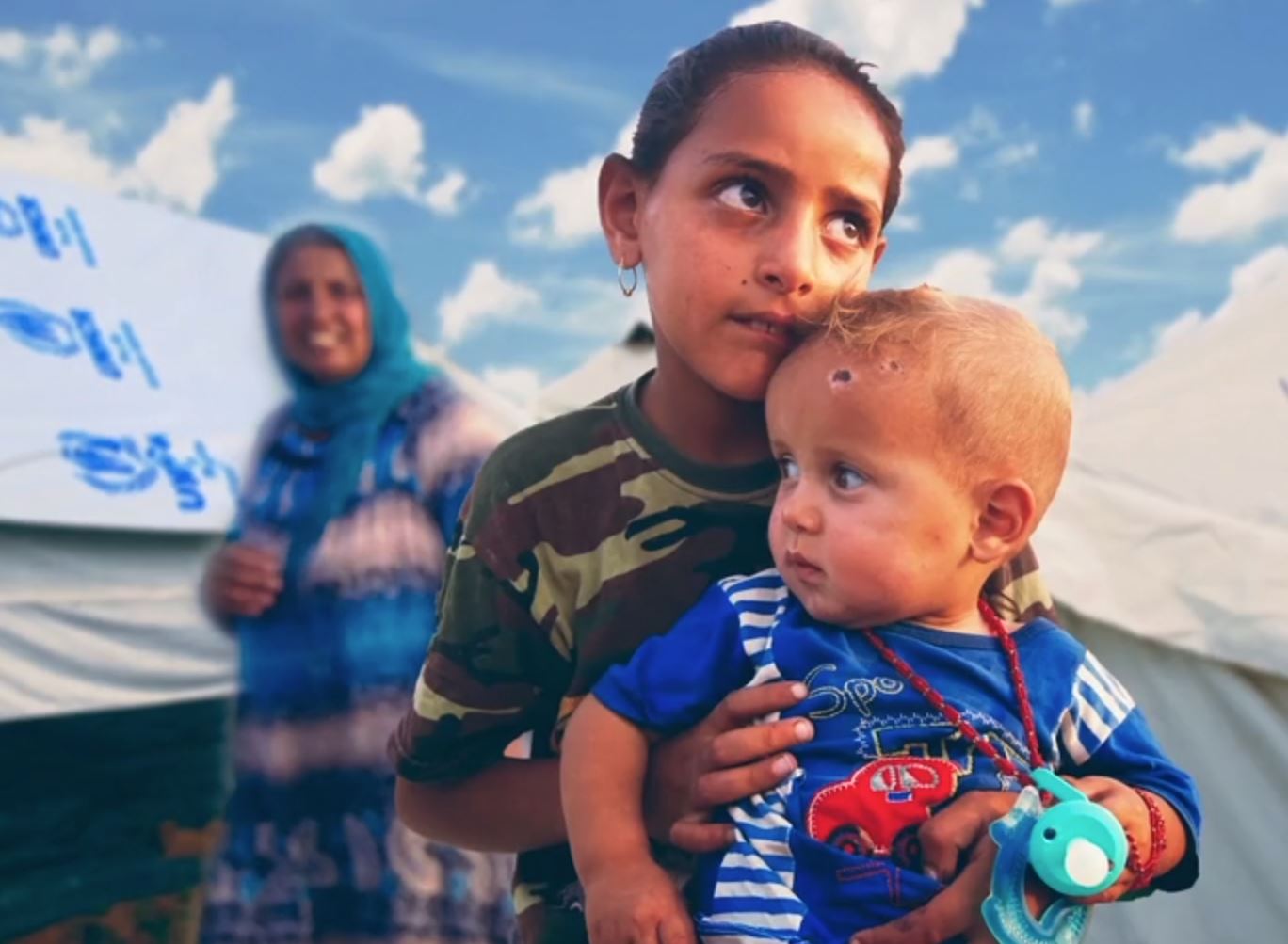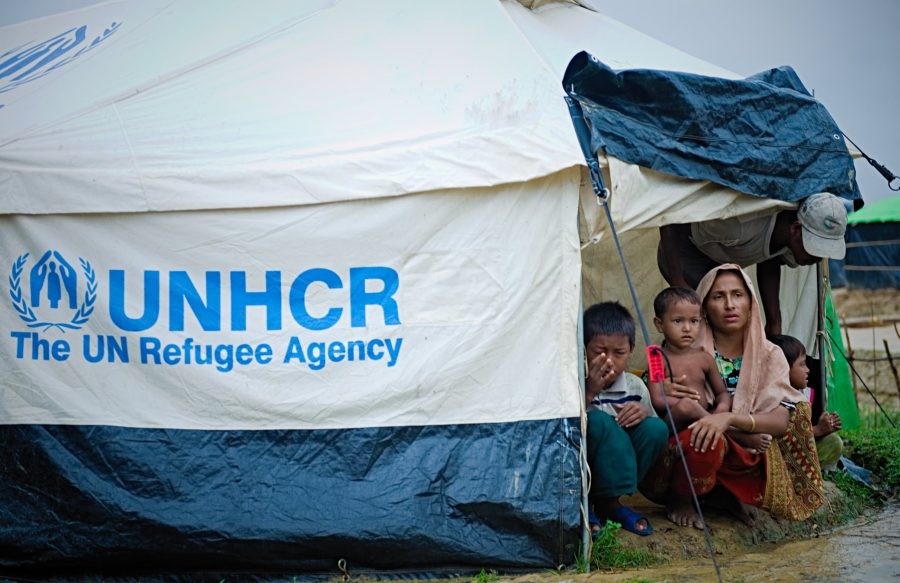Policies and frameworks
Together with our parent company NRS International, we welcome the inclusion of international policies, standards, and frameworks of quality and sustainability into our corporate strategy and operations. This approach moves beyond straightforward customer requirements, and instead, represents an essential step towards sector alignment, enabling a more transparent and sustainable future.
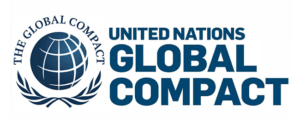 The Global Compact offers a policy framework to guide businesses on sustainability strategies, while offering a platform of members to encourage partnerships. The framework is based on ten principles under the four pillars of human rights, labor, the environment and anti-corruption, but since the introduction of the Sustainable Development Goals (SDGs) in 2015, the Compact has made its main mission to promote a principled approach to the Goals by the private sector. In the past few years, the Compact has also forged partnerships, linkages and framework alignment with ISO Standards, the OECD Guidelines for Multinational Enterprises and the Global Reporting Initiative (GRI).
The Global Compact offers a policy framework to guide businesses on sustainability strategies, while offering a platform of members to encourage partnerships. The framework is based on ten principles under the four pillars of human rights, labor, the environment and anti-corruption, but since the introduction of the Sustainable Development Goals (SDGs) in 2015, the Compact has made its main mission to promote a principled approach to the Goals by the private sector. In the past few years, the Compact has also forged partnerships, linkages and framework alignment with ISO Standards, the OECD Guidelines for Multinational Enterprises and the Global Reporting Initiative (GRI).
UN Global Compact membership
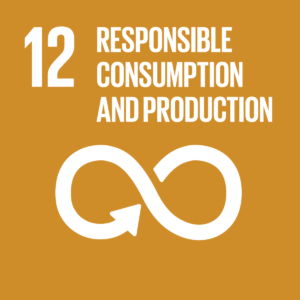 NRS International identifies with UNGC mission in remaining contemporary, hands-on and more importantly, relevant to its stakeholders. We are members of UNGC’s Steering Committee at the United Arab Emirates local network and provide digital media, communications and marketing support on a volunteering basis, particularly for the Women’s Empowerment Principles (WEPs) Taskforce in the UAE. From our experience, being part of such network has only added to our company and pushed us to do better. Our principled approach to SDG No. 12 (Responsible Consumption and Production) is a statement to that commitment, along with the increasing support for transparency within the humanitarian sector.
NRS International identifies with UNGC mission in remaining contemporary, hands-on and more importantly, relevant to its stakeholders. We are members of UNGC’s Steering Committee at the United Arab Emirates local network and provide digital media, communications and marketing support on a volunteering basis, particularly for the Women’s Empowerment Principles (WEPs) Taskforce in the UAE. From our experience, being part of such network has only added to our company and pushed us to do better. Our principled approach to SDG No. 12 (Responsible Consumption and Production) is a statement to that commitment, along with the increasing support for transparency within the humanitarian sector.
During the past six years we have submitted six Communication on Progress (CoP) reports, available at UNGC’s online platform, and for the first time this year it is fully integrated within our Sustainability Report as suggested by CoP policy. More recently, we have used GRI Guidelines as our latest inspiration for reporting on sustainability aspects.
To view our 2017-2018 COP and self-assessment on the UNGC website, click here.
Engaging with global aid actors and their policies come as a given to members of the humanitarian sector, relief suppliers in particular. We have kept a close eye on the consultation process and final text of the Global Compact on Refugees, which was adopted by the UN General Assembly in December 2018. Analyses and training on the subject have been offered to our staff, focusing on the key themes such as the emphasis on local development, inclusion, and self-reliance aligned with emergency response.
Why framework alignment is essential to drive sustainability in the humanitarian sector
Corporate sustainability is gaining importance and recognition and is also on the rise in humanitarian supply chain. Yet, given the the complex nature of our sector, in which the public, private and civil society interact, it can be difficult to navigate the global web of policies and standards.
Many businesses rely on ISO Standards for management systems, and GRI Standards for reporting, considering they are tailor-made for the private sector to address the day-to-day operations. When the SDGs were launched in 2015, companies were faced with the challenge of integrating a new framework into their corporate sustainability agenda. These concerns echoed back to the United Nations, who in turn made sure the SDGs would become a useful tool not just for governments, but to the private sector as well.
What followed was a sequence of partnerships and linkages between frameworks, such as UNGC, GRI and ISO, culminating on the publication of the SDG Compass, the ultimate guide and business case for the SDG implementation and integration to corporate strategy. Framework alignment for corporate sustainability, reporting, and voluntary monitoring systems is essential to the humanitarian supply chain. The global and immediate nature of emergencies demands suppliers to take on the responsibility to assure humanitarian aid will not cause a negative social and environmental impact during production. Humanitarian suppliers should not shy away from gradual, but steady, implementation of global sustainability frameworks into their businesses, as they all become increasingly connected and custom-built for private companies.








